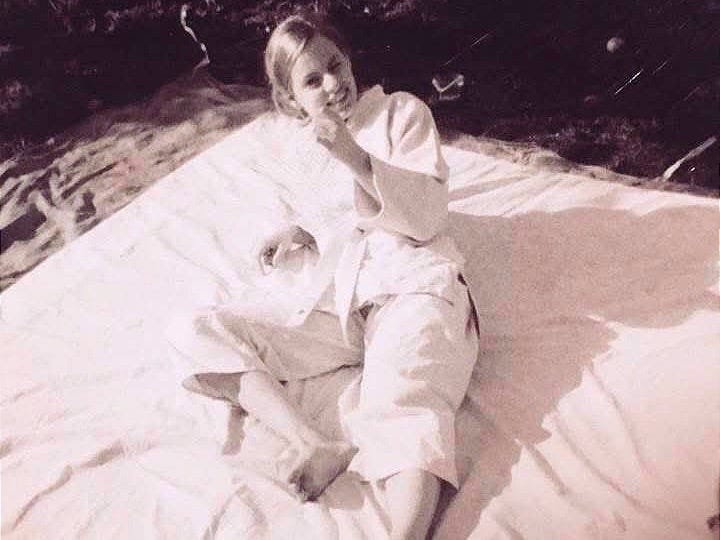Threads of Endurance
Grief, resilience, and finding humanity in fractured times
There were really only two people on the planet who could get away with calling me Dan. One was my dad Billy, gone eleven years now. The other was my mum Denise, who died last week. For the rest, it’s Daniel.
Getting that down feels strange, final and yet somehow unreal. Death barges in uninvited, leaving emptiness where conversation used to be. Since sh…



